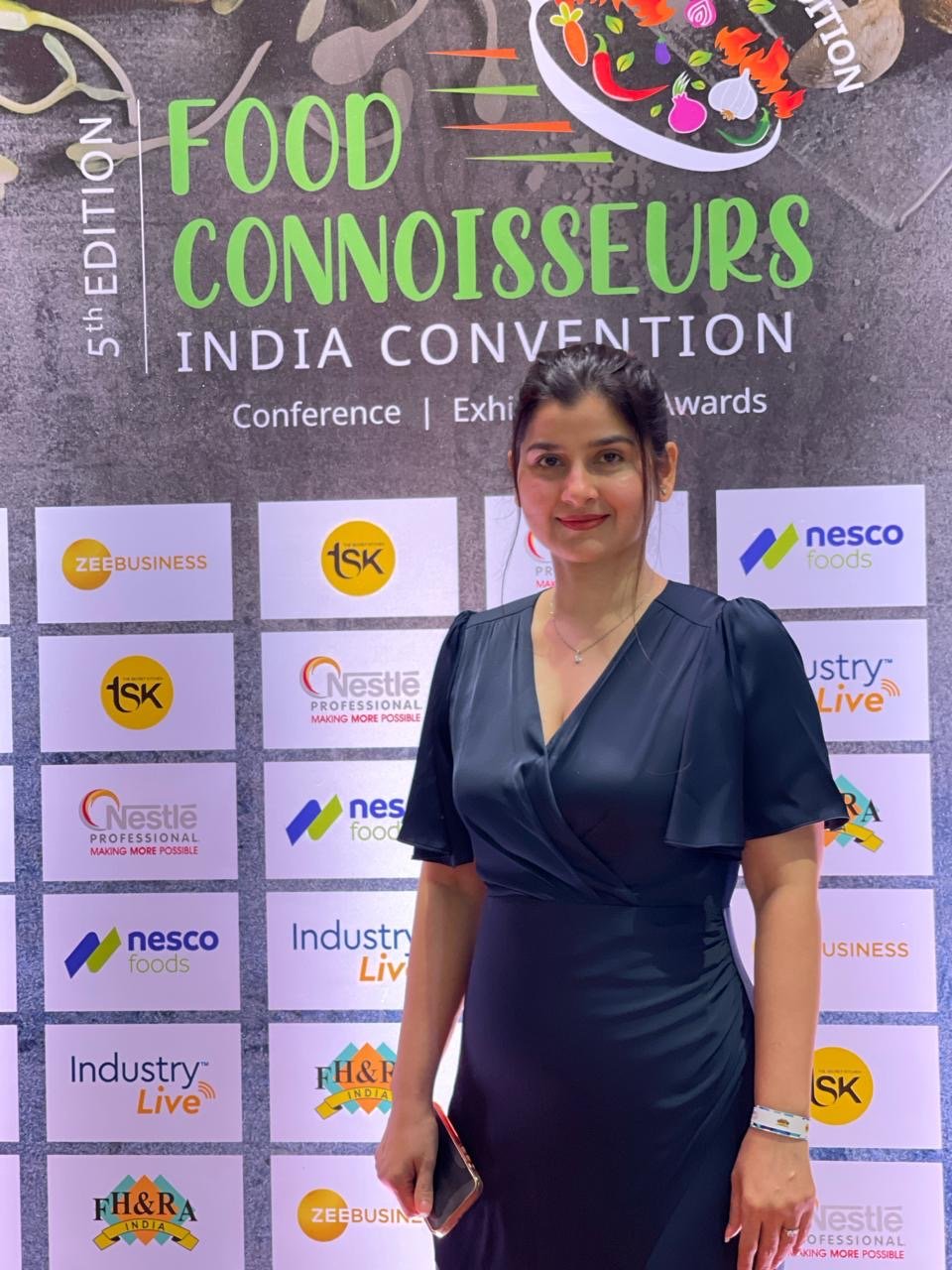By Shubhi Singh, Co-founder and Chef of the Cookie Dough Cake Cafe
As a co-founder of a restaurant, I’ve had a front-row seat to witness and experience entrepreneurship – a journey of creativity, constant learning, and adjustments. The rewards, building something from scratch and impacting the community, are unparalleled. However, a disheartening statistic looms: women remain significantly underrepresented in the entrepreneurial landscape.
India, with 63 million micro, small, and medium enterprises (MSMEs), sees only about 20% being women-owned, and the numbers are even lower in the food and hospitality sector. According to the Ministry of Statistics and Programme Implementation, women entrepreneurs dominate activities like Agriculture (34.3%), Manufacturing (29.8%), Trade (18.23%), Other Services (5.38%), and Accommodation & Food Services (2.77%).
This underrepresentation is a missed opportunity, not just for women but for the entire culinary and hospitality world. Women bring unique perspectives, skills, and experiences, fostering innovation and diverse offerings, ultimately enriching the dining experience for everyone.
Bridging the Gap: Empowering Women in Food and Hospitality Entrepreneurship
1. Leveling the Playing Field:
– Girls are often discouraged from pursuing their own business from a young age. We need to dismantle these stereotypes, encouraging girls to explore entrepreneurial aspirations freely.
– Educational programs, mentorship initiatives, and celebrating successful female entrepreneurs within the food industry can serve as encouraging role models.
2. Access to Capital:
– Access to capital is a critical hurdle for many aspiring entrepreneurs, especially women. Institutions can be more risk-averse when considering loans or investments led by women.
– Dedicated funding programs, micro-loans, grants, and mentorship programs geared towards female entrepreneurs in the food industry can address this challenge.
3. Building a Supportive Network:
– Research shows that women entrepreneurs are driven by a deep-seated desire to make a difference in their communities.
– Creating dedicated platforms and thinktank communities for women in the food and restaurant industry can provide invaluable support, mentorship, and collaboration opportunities.
– These communities can offer resources, share experiences, and foster a sense of belonging, encouraging women to persevere through challenges and celebrate their achievements.






